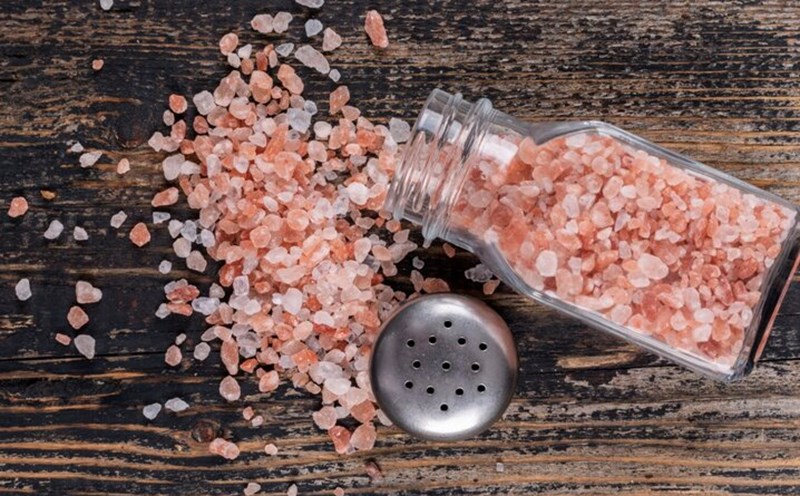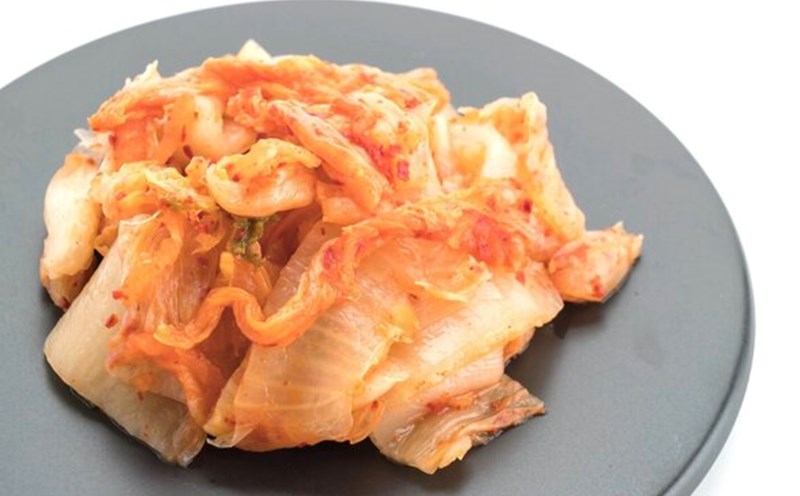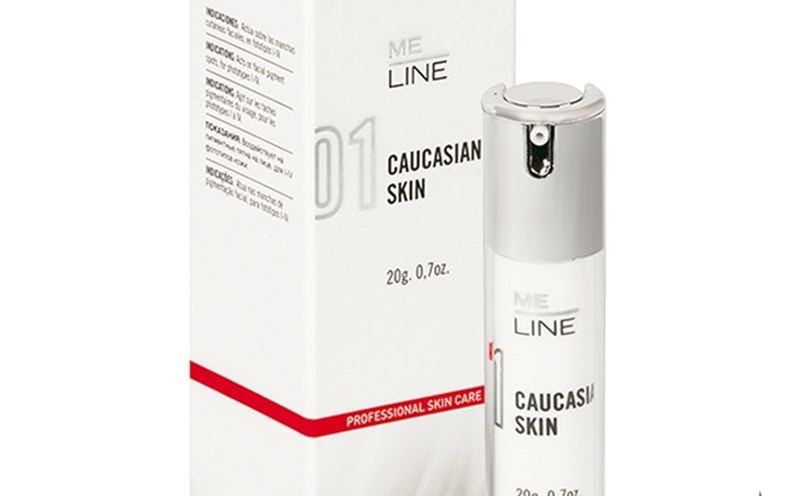In recent years, many people have tended to replace traditional white salt with other salts such as Himalaya pink salt or rock salt, with the belief that they are more natural and rich in minerals.
However, health experts warn that giving up white iodine salt can lead to many serious health consequences, especially thyroid health.
Not all types of salt contain iodine
Dr. Akshat Chadha, lifestyle consultant and Head of the Department of Medicine at Luke Coutinho Comprehensive Treatment System (India) said that the level of thyroid activity in many people has changed significantly after switching from white iodine salt to other types of salt within two years.
Pink salt or rock salt contains some trace minerals, but neither type provides enough iodine for the body like white iodine salt has been enhanced. The solution is not to change the type of salt, but to reduce the total amount of salt used when cooking, Mr. Chadha emphasized.
Using white salt properly is still safe
Dr. Manjusha Agarwal, Senior Consultant at Gleneagles Parel Hospital (Mumbai) also agrees that giving up white salt completely is a mistake.
White salt, when used in moderation, is a stable and safe source of iodine. Meanwhile, other types of salt should only be used in small quantities, such as in salads, dairy butter or side dishes, said Ms. Agarwal.
Special notes for pregnant women and people with thyroid disease
For pregnant women or women treated with thyroxine, maintaining stable iodine levels is extremely important. Return to white iodine salt, especially if you are planning to get pregnant or are being prescribed thyroid medication by your doctor, emphasizes Dr. Akshat Chadha.
In addition, experts recommend limiting the use of processed foods, pickles and avoiding the habit of adding salt to rice or flour when not necessary.
Instead of following the "natural salt" trend, prioritize nutritional balance and listen to recommendations from doctors to protect long-term health.











